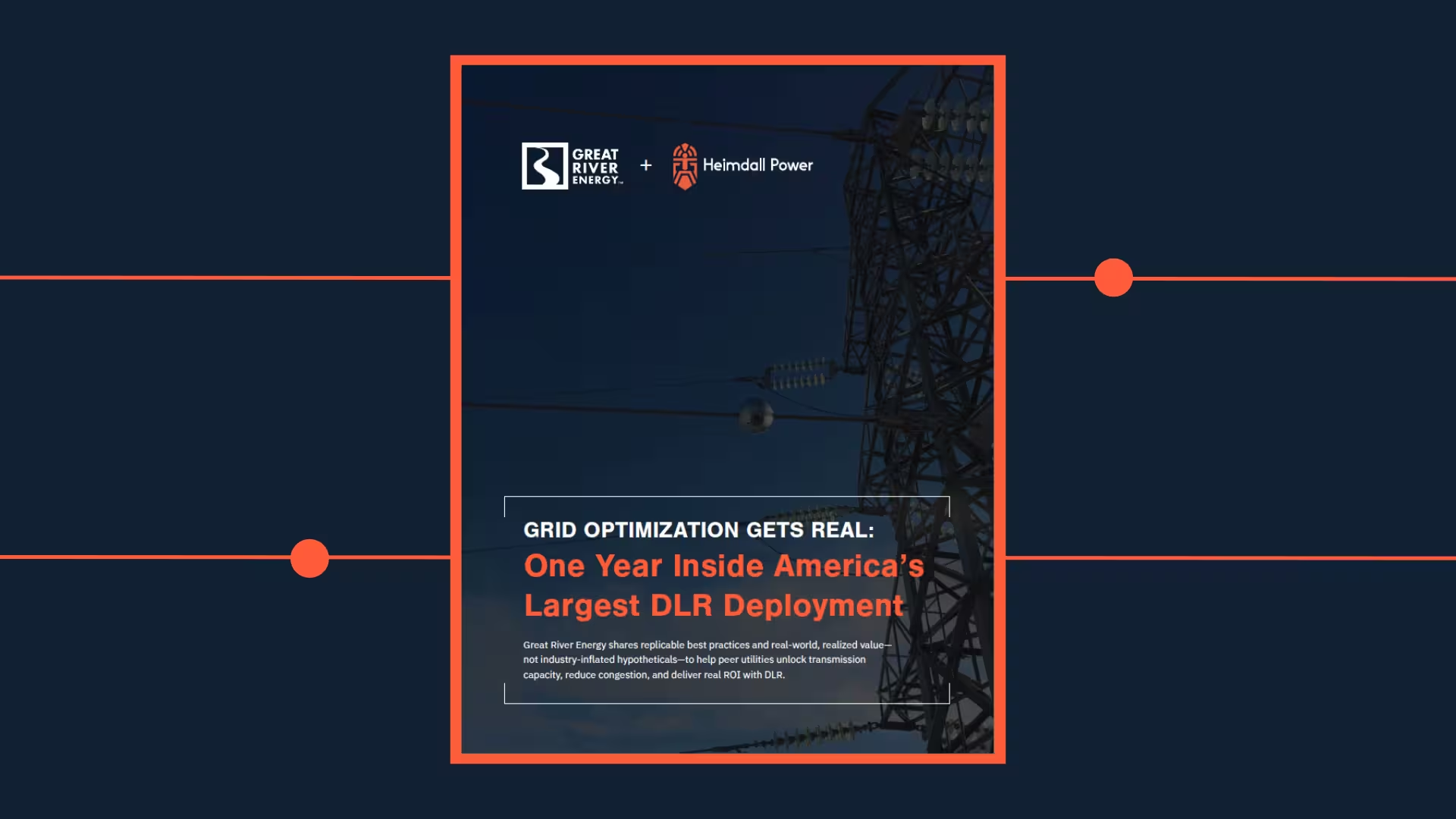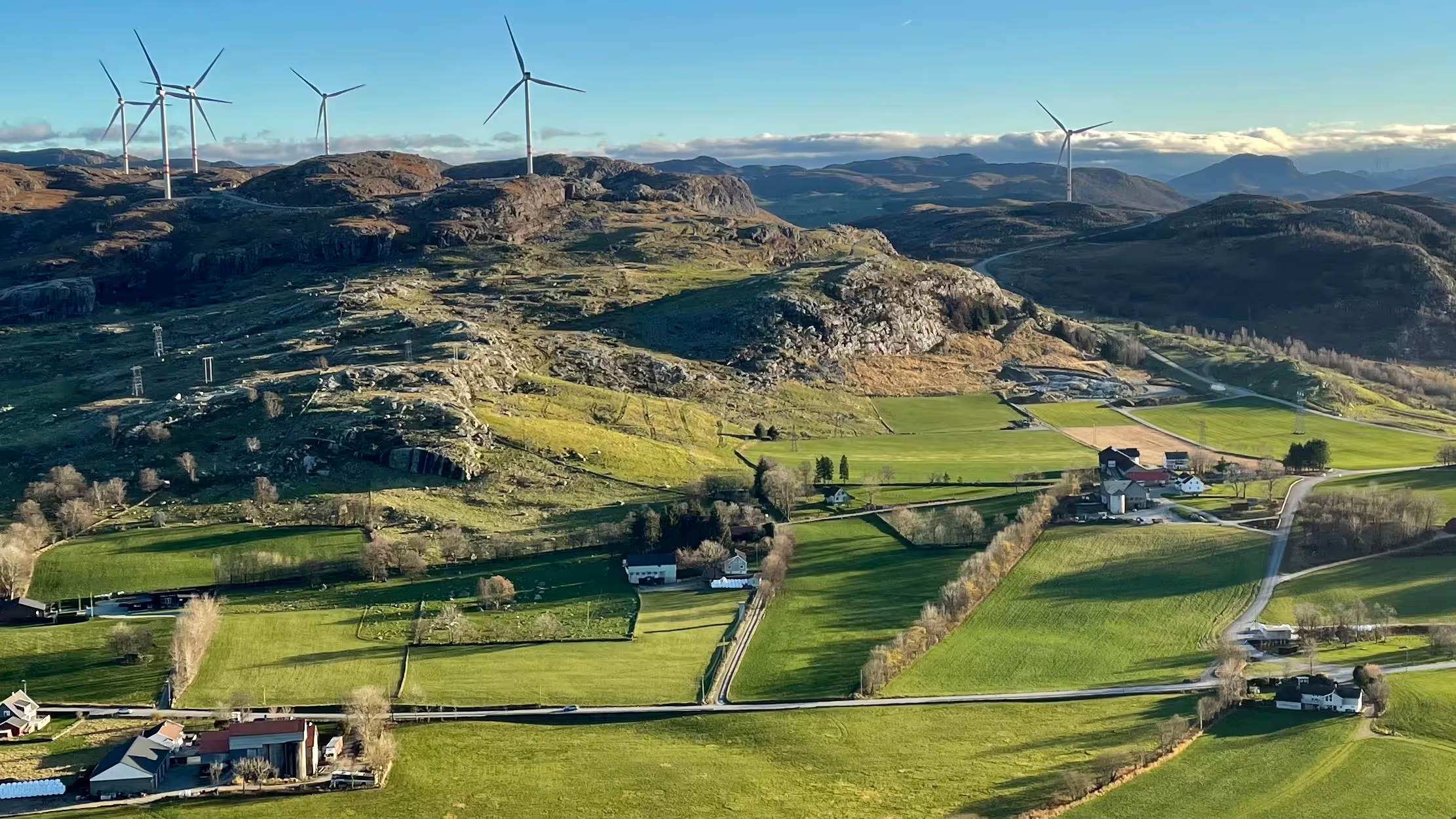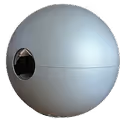[Whitepaper] Grid Optimization Gets Real: One Year Inside America's Largest DLR Deployment

The challenges we face as an industry—surging demand, grid congestion, and extreme weather—can’t be solved in silos.
Enter Great River Energy.
The Minnesota-based electric cooperative’s groundbreaking dynamic line rating (DLR) project delivered meaningful capacity gains, millions in projected cost savings, and—perhaps most importantly—actionable best practices for high-value DLR, including:
- Expert analysis of 12-months of field-validated data, demonstrating:
- Gains of up to 63% more transmission capacity during periods of peak demand.
- Project wide savings estimated at $3.175million.
- A self-assessment tool to help utilities evaluate DLR readiness.
- Exclusive insights into the business case behind the deployment.
- A real-world comparison of DLR vs. ambient adjusted ratings (AAR) based on real performance, not projections.
- A five-point checklist for identifying and deploying high-value DLR opportunities while avoiding “death by pilot.”
- A practical introduction to line studies, featuring the unique factors that shaped Great River Energy’s sensor deployment strategy.
- Clear guidance on accounting for limiting elements, defining realistic ROI, and aligning with regulatory expectations and security protocols.
The promise of DLR is real. Start here—with hard-earned best practices rooted in what’s real and what works—to realize DLR’s full potential.


